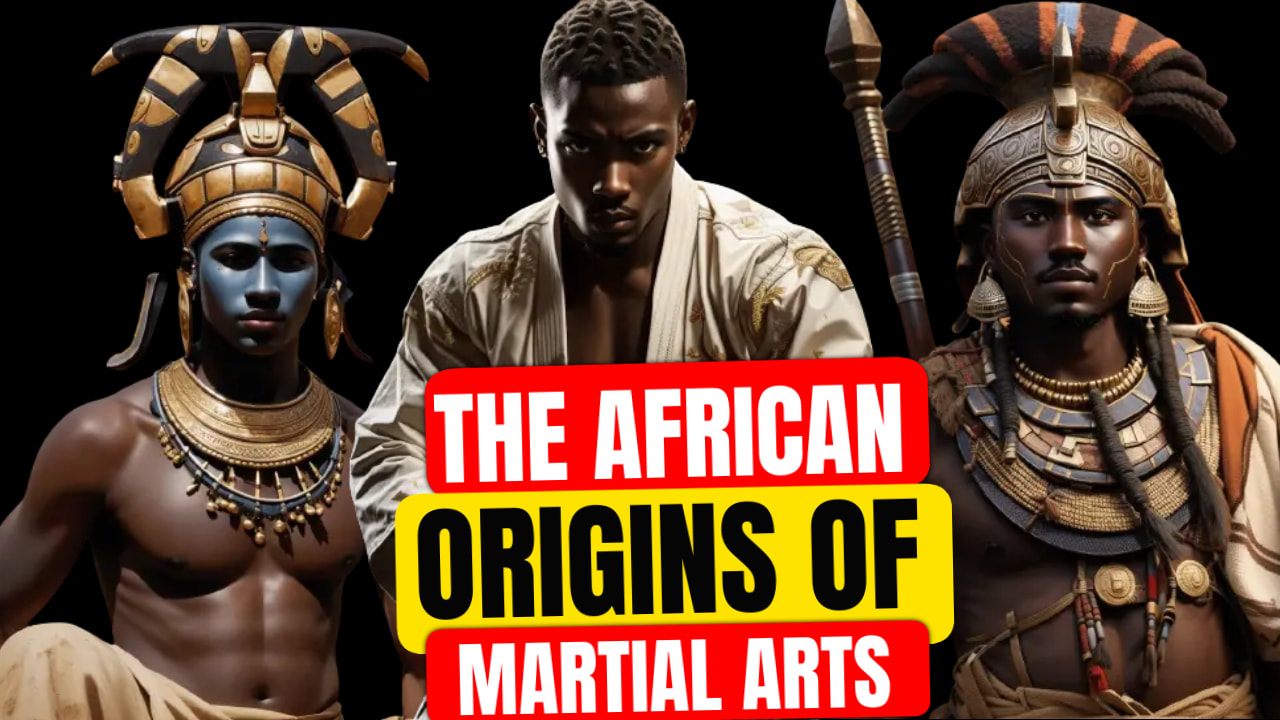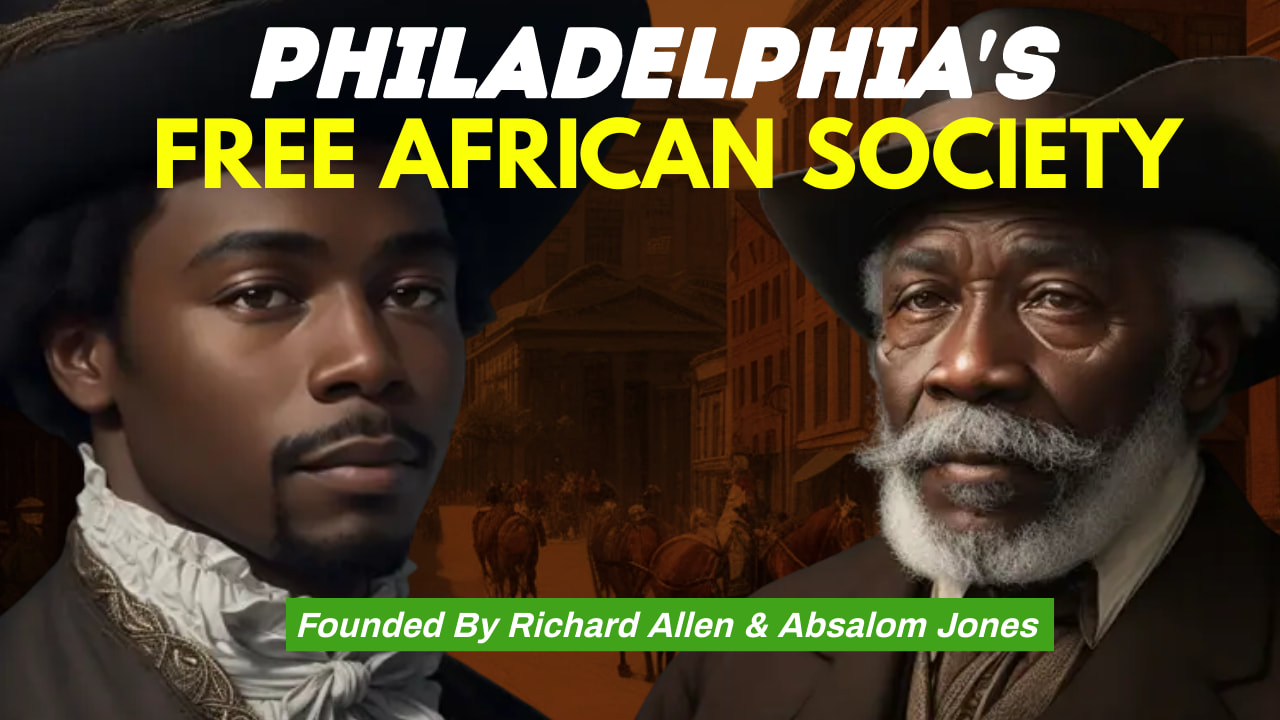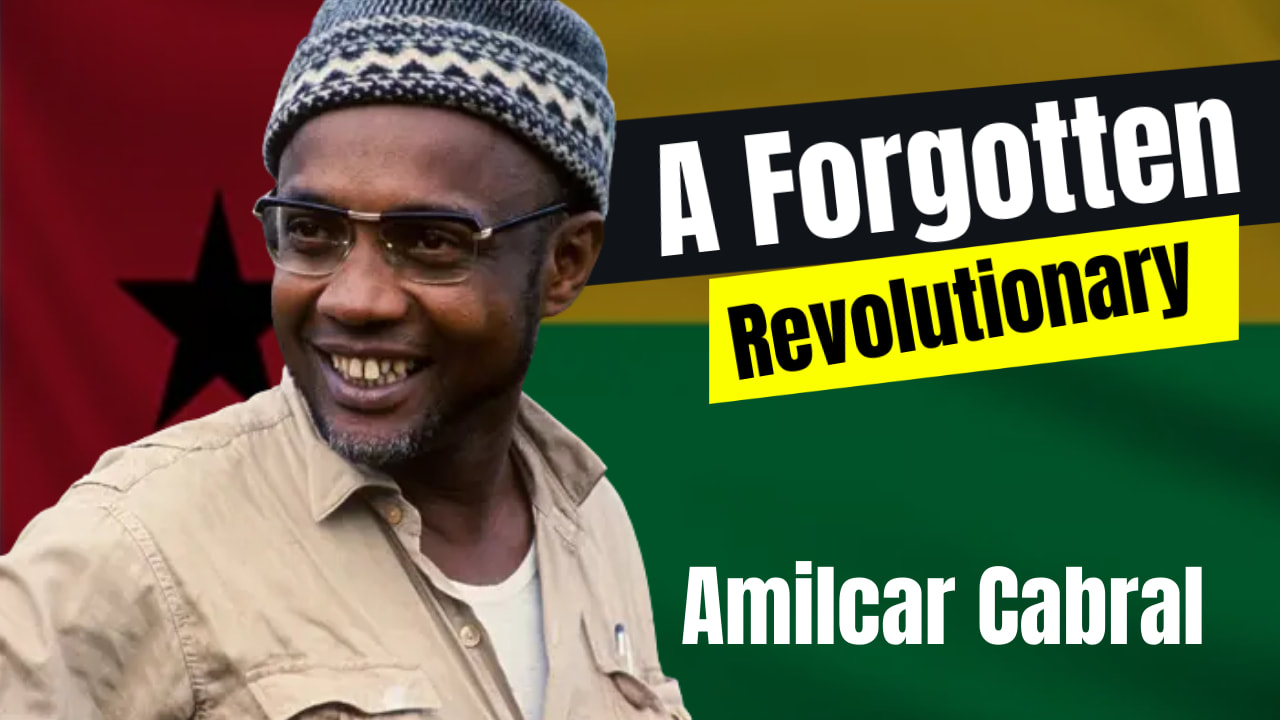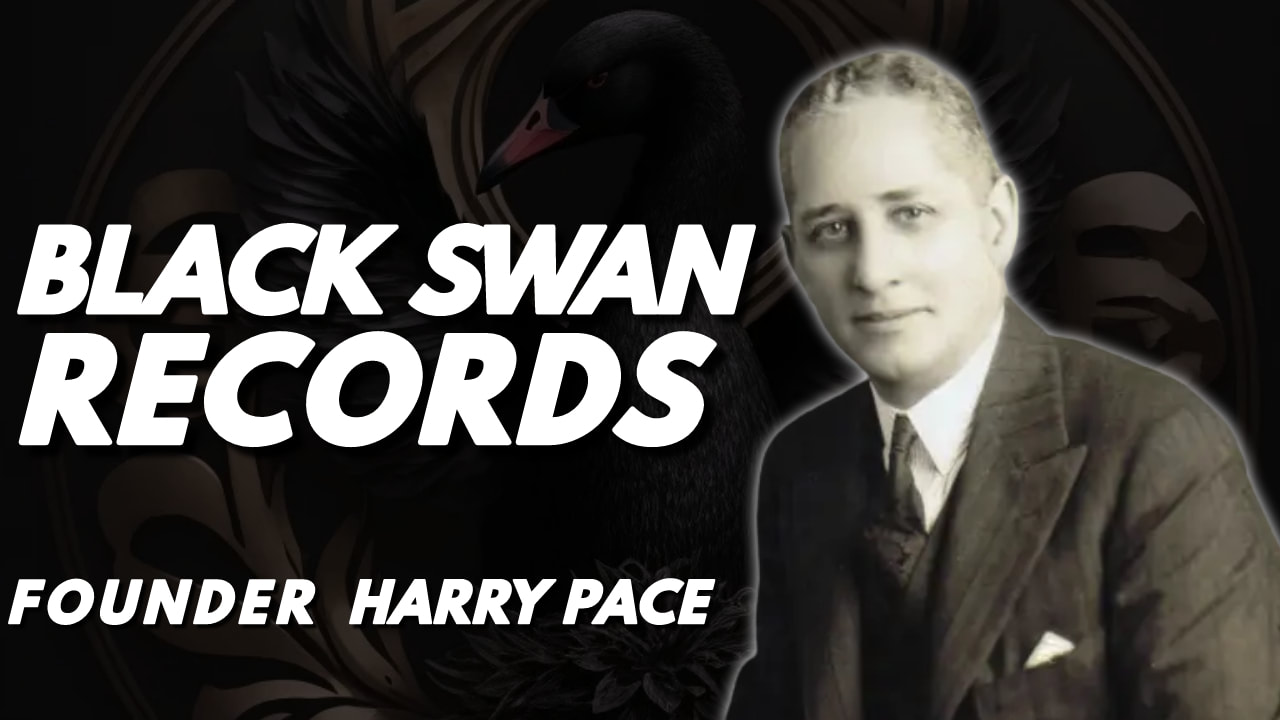|
Martial arts, a diverse array of combat practices, often conjure images of Asia, with its rich traditions of kung fu, karate, judo, ninjutsu, and more. However, the roots of martial arts extend far beyond Asia. Africa has a rich history of martial arts and combat systems that have played a vital role in the continent's cultural, social, and historical development. Martial arts in Africa date back thousands of years, with distinct systems and techniques developed in various regions. These traditions were passed down through oral history and embodied in rituals, dance, and self-defense techniques. In ancient Nubia (present-day Sudan), wrestling was a popular sport and a form of self-defense. Nubian wrestlers showcased their strength, agility, and technique in competitions, and these traditions continue to this day. Dambe, hailing from West Africa, particularly Nigeria, is a traditional form of boxing that incorporates strikes and grappling techniques. It is often performed as part of cultural festivals and celebrations. Many African martial arts were intertwined with cultural and spiritual elements. Rituals and ceremonies accompanied training and combat, and these practices played a crucial role in fostering unity and identity within African communities. The dances and performances associated with martial arts often conveyed stories, myths, and historical events, helping preserve the collective memory of the people. Africa's vast history of migration and trade led to the exchange of martial arts techniques between different regions and with other continents. The trans-Saharan trade routes and the Indian Ocean trade network facilitated the movement of people, goods, and ideas. These exchanges contributed to the development and diversification of African martial arts. In recent years, there has been a renewed interest in preserving and reviving African martial arts. Scholars, practitioners, and enthusiasts are working to document and promote these ancient traditions. Efforts include researching historical sources, conducting interviews with traditional martial artists, and organizing events to showcase African martial arts to a global audience. The African origins of martial arts offer a compelling narrative of ancient combat systems deeply intertwined with culture, spirituality, and history. As awareness of these martial arts grows, their significance in the global martial arts community becomes increasingly apparent. By acknowledging and celebrating the African roots of martial arts, we enrich our understanding of the diverse and interconnected world of combat practices. To all of the African originators of the various martial arts, we stand on your shoulders.
1 Comment
The 1787 Free African Society of Philadelphia, often referred to as FAS, is an essential institution in the history of African Americans and the early history of the United States. Founded in a pivotal era marked by the American Revolution and debates over slavery, the Free African Society served as a pioneering example of self-help and community organization within the free Black population of Philadelphia. The American Revolution fought between 1775 and 1783, ignited debates about liberty, equality, and the rights of individuals. The Revolution's rhetoric inspired many enslaved and free Black people to question their own status and advocate for their rights as well. By the late 18th century, Philadelphia had a substantial population of free Black people. Many had gained their freedom through manumission, military service, or other means. However, their freedom was far from secure, as racial prejudice persisted and racist laws were passed. The Free African Society was founded in April 1787 by Richard Allen and Absalom Jones, both prominent African-American religious leaders in Philadelphia. Richard Allen later founded the African Methodist Episcopal (AME) Church, and Absalom Jones established the African Episcopal Church of St. Thomas. The primary objective of the Free African Society was to provide mutual aid and support to the free Black population in Philadelphia. This support encompassed various aspects of life, including education, employment, healthcare, and religious life. The Free African Society collected funds from its members and provided financial assistance to those in need. This support included help with housing, clothing, food, and medical care. Recognizing the importance of education, the Free African Society established schools for Black children, focusing on teaching reading, writing, and arithmetic. Education was viewed as a means to uplift the Black community and promote self-reliance. Both Richard Allen and Absalom Jones were ordained ministers. They played pivotal roles in fostering a solid religious community among Black Philadelphians. In 1794, Jones and Allen founded the Free African Church of St. Thomas, which later became the African Episcopal Church of St. Thomas, a prominent African-American church in Philadelphia. The Free African Society's emphasis on mutual aid, education, and religious life contributed significantly to the self-help and community-building efforts among free Black individuals in Philadelphia. It provided a model for future African-American organizations and churches. Richard Allen's involvement in the Free African Society laid the groundwork for the establishment of the African Methodist Episcopal (AME) Church. The AME Church later became one of the most influential African-American denominations in the United States. Members of the Free African Society, including Absalom Jones and Richard Allen, continued to advocate for the rights of Black Americans. They were vocal in their opposition to racial discrimination and segregation, contributing to the broader struggle for civil rights. The 1787 Free African Society of Philadelphia played a pivotal role in the early history of African Americans, promoting self-help, mutual aid, education, and religious life within the free Black population. Founded by Richard Allen and Absalom Jones during a transformative period in American history, the society left a lasting legacy that extended beyond Philadelphia. Its impact can be seen in the African Methodist Episcopal Church and the ongoing fight for civil rights in the United States. To Richard Allen, Absalom Jones, and blacks of the Free African Society, we proudly stand on your shoulders. Amilcar Cabral, a monumental figure in the struggle against colonialism and imperialism, left an everlasting mark on the world as an anti-colonial leader, philosopher, and visionary. His unwavering commitment to the liberation of Guinea-Bissau and Cape Verde, along with his profound insights into the dynamics of colonial oppression, made him a beacon of hope for oppressed peoples around the world. Amilcar Lopes Cabral was born on September 12, 1924, in Bafatá, a small town in Portuguese Guinea (now Guinea-Bissau). His parents were Juvenal António Lopes da Costa Cabral and Iva Pinhel Évora. Both of his parents were Cape Verdean, his father was the heir to a wealthy land-owning family, and his mother was a shop owner and worked at a hotel. Even though Amilcar’s father was the heir to wealthy landowners, his family lived a humble life. Cabral received his early education at Liceu Secondary School, where a deep love for learning was instilled within him. He eventually left his homeland to study agronomy and agricultural economics in Portugal. Cabral's time in Portugal exposed him to the stark realities of colonialism and racism, fueling his passion for liberation. In 1956, he co-founded the African Party for the Independence of Guinea and Cape Verde (PAIGC) with his brother, Luis Cabral, and several other dedicated activists. PAIGC aimed to unite the people of Guinea-Bissau and Cape Verde to fight for their independence from Portuguese colonial rule. Amilcar Cabral's strategic brilliance and dedication to the cause quickly made him the leader of the PAIGC. He believed that armed struggle, coupled with a deep understanding of the people's needs, was the path to liberation. Cabral's approach included mobilizing the peasantry, educating them, and building a resilient guerrilla force. He also emphasized the importance of culture in the liberation struggle, famously stating, "Culture is simultaneously the fruit of a people's history and a determinant of history." In 1963, Cabral declared the formation of the "liberated zones" in Guinea-Bissau, areas controlled by PAIGC guerrillas. This move marked a turning point in the struggle for independence, as it challenged the Portuguese presence and gained international attention, due to a pivotal victory for Cabral and his troops against the Portuguese in the 1973 War of Independence. Amilcar Cabral was not only a military strategist but also an intellectual powerhouse. He wrote extensively on the theory of liberation, emphasizing the importance of political education and cultural identity in the fight against colonialism. Cabral wrote over 14 books, including "The Struggle Against Guinea" and "Return To The Source," which remain influential texts in anti-colonial and revolutionary studies. Tragically, Amilcar Cabral's life was cut short on January 20, 1973, when he was assassinated by members of his own party. Despite his untimely death, Cabral's vision and leadership continued to guide the PAIGC toward victory. On September 24, 1973, just months after Cabral's assassination, Guinea-Bissau unilaterally declared its independence, and Cape Verde followed suit in 1975. In the early 1920s, against the backdrop of racial segregation and the Harlem Renaissance, a pioneering African-American entrepreneur named Harry Pace embarked on a journey that forever changed the landscape of the music industry. Born on January 6, 1884, in Covington, Georgia, Pace was a man with a vision that transcended the limitations of his era. Harry Pace's early life was marked by perseverance and determination. He excelled academically, earning a degree in pharmaceutical chemistry from Atlanta University, and moved to New York City, where he found work with W.E.B. Du Bois at the publishing company, The Crisis. It was here that he honed his business acumen and developed a passion for promoting African-American culture. The cultural explosion known as the Harlem Renaissance was in full swing, and Harry Pace was at its epicenter. His close associations with luminaries like Langston Hughes and Claude McKay inspired him to contribute to the artistic movement in a unique way. In 1921, Harry Pace co-founded Black Swan Records, the first black-owned record label in the United States. The name "Black Swan" symbolized grace, elegance, and the determination to soar above racial barriers. With a modest initial investment and unwavering determination, Pace sought to provide a platform for African-American artists who had long been marginalized by the mainstream music industry. Black Swan Records quickly became a beacon of hope for black musicians who had struggled to gain recognition and fair compensation for their talents. Ethel Waters, Fletcher Henderson, and Alberta Hunter were among the first artists to sign with the label, helping to shape its unique sound and identity. Despite facing immense financial and logistical challenges, Harry Pace's dedication to his artists and his commitment to quality music allowed Black Swan Records to thrive. The label produced a diverse array of genres, including blues, jazz, gospel, and classical, paving the way for future black musicians and entertainers. As the Great Migration brought millions of African Americans from the rural South to urban centers like New York, Black Swan Records became a cultural touchstone, reflecting the experiences and aspirations of a newly empowered community. The Great Depression and mounting financial pressures eventually took their toll on Black Swan Records, leading to its closure in 1923. Despite its relatively short existence, the label's impact on the music industry and African-American culture endured. Harry Pace continued his legacy by co-founding the Supreme Life Insurance Company, contributing to the economic empowerment of black communities. In recent decades, the music of Black Swan Records has been rediscovered and celebrated, ensuring that the pioneering work of Harry Pace and the artists of the label will not be forgotten. Their influence on subsequent generations of musicians and entrepreneurs is immeasurable. "Harmony in the Shadows: The Black Swan Records Saga" is a testament to the resilience, creativity, and indomitable spirit of Harry Pace and the artists who made Black Swan Records a beacon of hope during a tumultuous era. Their enduring legacy reminds us of the power of music to unite, and inspire, people of all races. Harry Pace's vision and determination continue to empower generations, serving as a beacon of hope for those who dare to dream beyond the constraints of their time. |
Details
Categories
All
Click Here to join our mailing list
|
Contact Us: |
Connect With Us |
Site powered by PIT Web Design





 RSS Feed
RSS Feed



